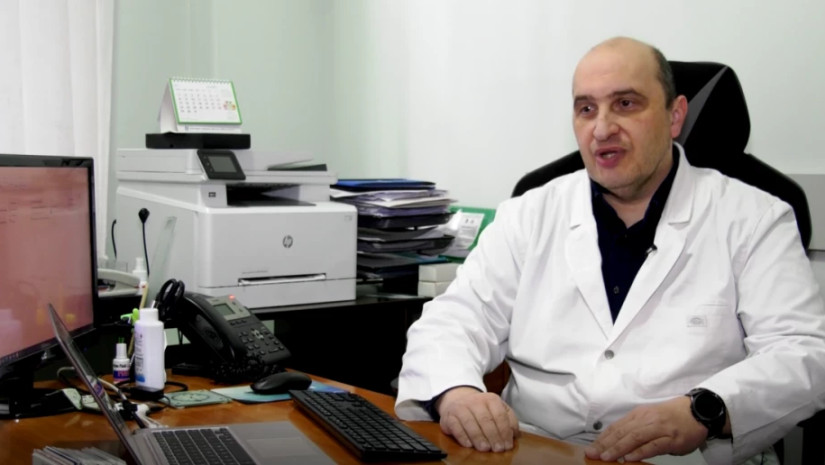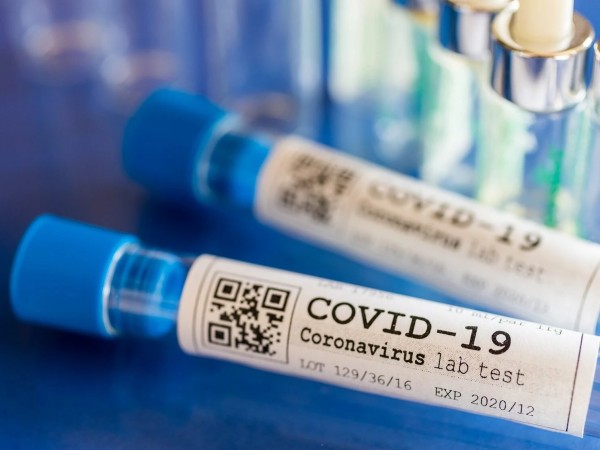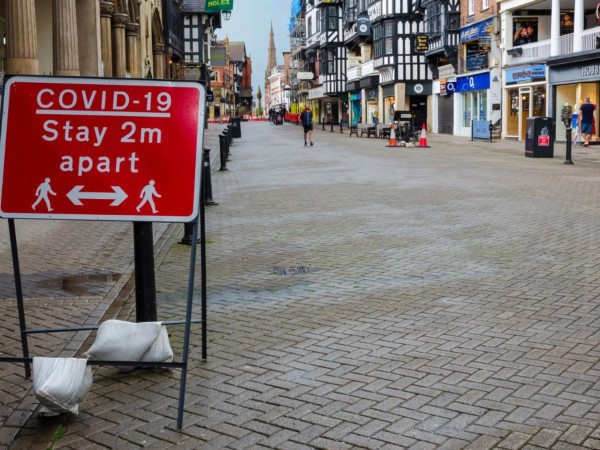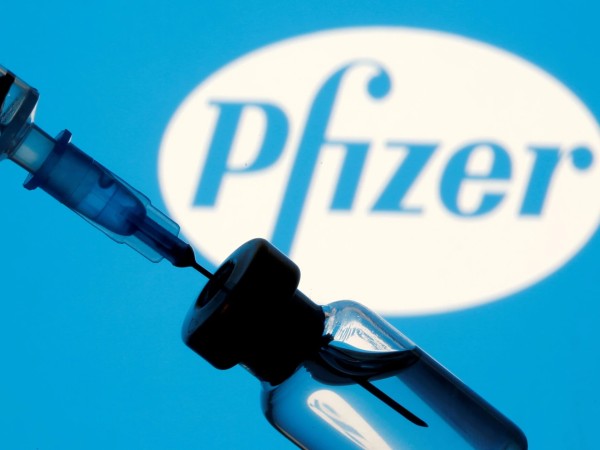Georgia continues COVID-19 vaccine rollout, the country has recently received 29,250 doses of vaccine produced by Pfizer-BionTech. However, part of the population still refrains from getting the jab. The reason is lack of information about drugs and a number of popular myths. Giorgi Kamkamidze, Allergist Immunologist and Director of the clinic NEOLAB answered the frequently asked questions about vaccination.
-Are those persons eligible for vaccination who recovered from COVID-19?
Vaccination of individuals who have recovered from COVID-19 is not recommended for 4 months. But that does not mean that if they get the jab, it will cause any complications. It is not so. COVID-recovered persons don’t get the jab in terms of optimal use of vaccine dozes. Georgia has an average of 120 days, during which the vaccine is not given to those who have recovered from the infection.
-Does vaccine protect against COVID-19?
Today we have more information about the efficiency of COVID-19 vaccines. The vaccines are evaluated how effective they are in preventing symptomatic cases. All current authorized COVID-19 vaccines have a very high efficacy. The second issue is if the vaccine inhibits transmission of the virus. Few studies have been conducted in this regard but they show that, for example, in the case of AstraZeneca, the vaccine cuts transition of the virus by 60 -75%. We also have the latest data from Israel on how much it reduces transmission of the vaccine. The answer is: vaccination reduces transmission of the virus, but does not cut it by 100%, i.e. the virus can still be transmitted to a vaccinated person, although the risk of transmission is significantly reduced.
-Does COVID-19 vaccine change DNA?
We find DNA, as well as RNA vaccines, such as Pfizer, Moderna, or Novavax and Chinese vaccines, which are based on the classic technology. They are built on dead viruses, these groups do not even pose any theoretical danger. There is one group of DNA vaccines, including AstraZeneca, which contains the genetic material of the coronavirus. However, studies have shown that DNA material is not implanted in a normal target cell. The answer is that there is merely theoretical danger that COVID-19 vaccine can change DNA and that is not proven in the practice.
-How long does the vaccine produce immunity in the human body?
Unfortunately, today we do not have an answer to this question, including the drug companies who developed this vaccine. Preliminary studies show that the immunity response lasts for several months. We can assume that the vaccine will protect us for at least 6 months.
-Should we give priority to the elderly and people with disabilities to get the jab at the first stage?
Priority should be given to those who belong to the older age group, as well as those who are more likely to contract the infection, including healthcare workers. These are the priority groups, but it does not mean that vaccination should not be given to other groups. In addition to age, people with chronic diseases also belong to the risk groups. These are those groups, where we start vaccination, then we have to move to other age groups.
-Is COVID-19 vaccine safe for those who are preparing for pregnancy?
Some data is already collected from studies, which show that COVID-19 vaccine is safe for those, who are preparing for pregnancy. No side effects have been identified for either the mother or the fetus.
-Should we wear face mask after getting COVID-19 jab?
COVID-19 vaccines reduce risk of virus transmission, but it does not totally protect. So vaccinated persons must still wear the face masks.
-What are the side effects of COVID-19 vaccination?
After vaccination, both local and general symptoms are quite common: feeling of tightness, pain, redness of the navel, swelling, fatigue, general weakness, muscle and joint pain, rarely temperature rise. All these symptoms are normal and everyone who is vaccinated should know about it. As for mortality, which is accompanied by anaphylactic shock, the lethality rate is only up to 2%.
-After getting 2 dozes of COVID-19 vaccine, how soon must we vaccinated?
We expect that the immunity of vaccinated person will last at least for 6 months, but with a better scenario the interval can be 1 or 2 years. This is still a matter of research, and in the future we will know how many times we will need to be vaccinated against coronavirus.















